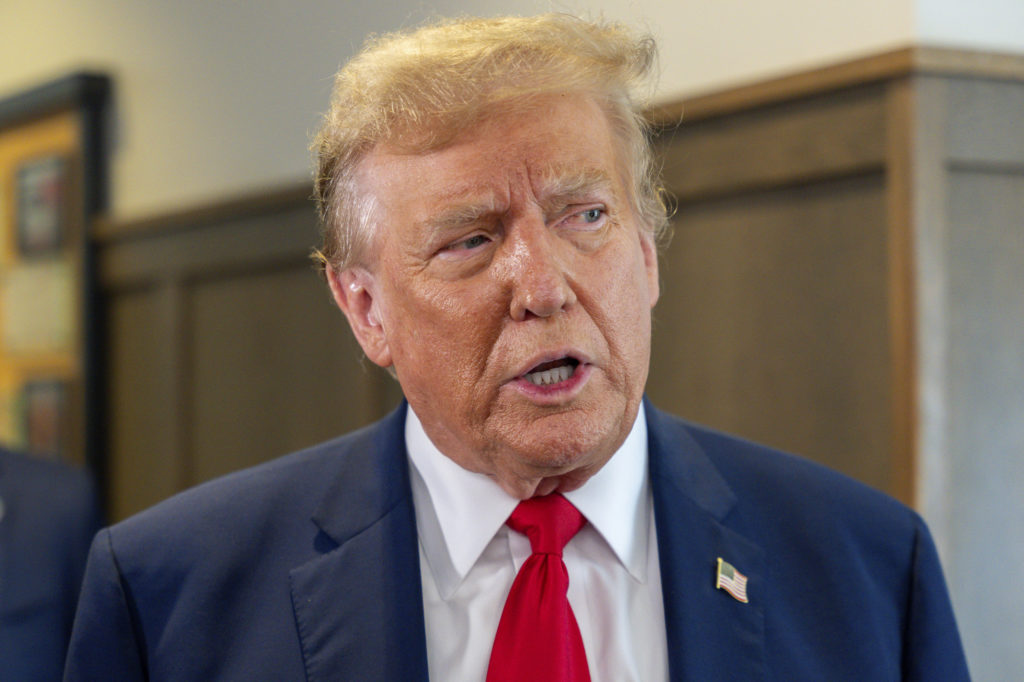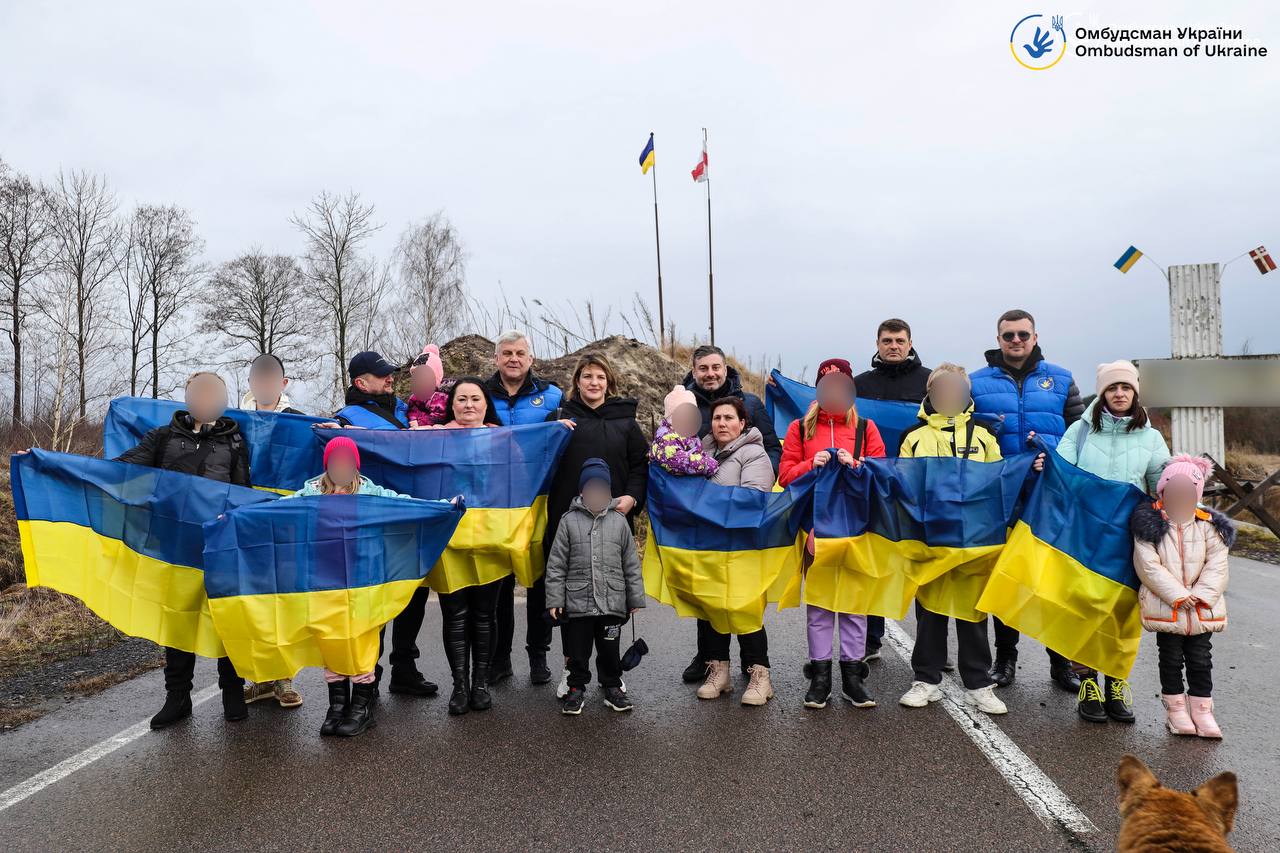Trump’s ex-advisor recalled how he thought Ukraine should be part of Russia
While in office, Donald Trump made it clear that he believed that Ukraine should be part of Russia, as stated by his former advisor Fiona Hill: ''He could not get his head around the idea that Ukraine was an independent state''.


Former US President Donald Trump ”could not get his head around the fact that Ukraine was an independent state”. This was stated by former Trump adviser Fiona Hill in a new book by The New York Times reporter David Sanger, excerpts from which are quoted by The Guardian.
Former adviser Fiona Hill, who acted as the Senior Director for European and Russian affairs on the US National Security Council between 2017 and 2019, says in the book on US national security with regards to Russia and China that Trump ”made it very clear” that he thought that Ukraine ”must be part of Russia”.
“Trump made it very clear that he thought, you know, that Ukraine, and certainly Crimea, must be part of Russia. He really could not get his head around the idea that Ukraine was an independent state,” Hill said.
Sanger’s book, titled The New Cold War: The Rise of China, the Russian Invasion and America’s Struggle to Protect the West, will be published in the United States on Tuesday, and The Guardian has obtained a copy.
Sanger concludes that Trump’s view of Ukraine was “essentially identical” to that of Vladimir Putin, who ordered a full-scale invasion of Ukraine in February 2022 – after Trump left office.
Hill was a key witness in Trump’s first impeachment trial over his attempts to blackmail Ukraine. She is the co-author of Mr. Putin: Operative in the Kremlin, a biography on the Russian leader.
CNN recently reported that Trump allegedly expects to force Russia and Ukraine to begin negotiations to end hostilities by pressing the argument for further US military aid. In addition, The Washington Post reported that Trump has privately said that he could end the war by pressuring Ukraine to give up some territory.
According to people familiar with the plan, Trump would propose to push Ukraine to cede Crimea and the Donbas to Russia.
Privately, Trump has said that he thinks both Russia and Ukraine “want to save face, they want a way out,” and that people in parts of Ukraine would be okay with being part of Russia, according to a person who has discussed the matter directly with Trump.
Europe scrambles to prepare for Trump 2.0
With US elections set for later this year, European diplomats and officials are frantically at work to set up meetings with allies of former president Trump, as they prepare for his potential return to the White House, CNN reports.
The idea is to gain insight into Trump’s policy intentions if he would be elected again as President of the US. In addition, Europe is setting up guard rails for NATO, in order to ensure lasting support for Ukraine.
One of the lessons learned for European leaders is that they need to set up a personal connection with Trump straight away, if he would be elected as president.
“We are not that nervous because we know that with Trump it is all about relationships,” said one veteran European diplomat who has been in DC since the Trump administration. “We are working on them, and we are telling the capital that the Prime Minister’s office needs to establish a personal connection with Trump right out of the gates.”
Read more:
- Media: Trump declines Zelenskyy’s invitation to Ukraine due to ”conflict of interest”
- All you wanted to know about the Trump-Zelenskyy scandal, but were afraid to ask
- Moscow commentator: ‘Trump’s policy completely corresponds to Russia’s national interests’
- Trump has done more than collude with Putin: he’s helped Kremlin leader destroy post-1945 world
- Zelenskyy calls Trump’s alleged peace plan for Ukraine ”very primitive”
- Politico: NATO eyes 100 billion dollar Ukraine fund and Ramstein group takeover amid looming Trump presidency
- Trump’s advisor slams news about a plan to force Ukraine to surrender territories as ”fake”
You could close this page. Or you could join our community and help us produce more materials like this.
We keep our reporting open and accessible to everyone because we believe in the power of free information. This is why our small, cost-effective team depends on the support of readers like you to bring deliver timely news, quality analysis, and on-the-ground reports about Russia's war against Ukraine and Ukraine's struggle to build a democratic society.
A little bit goes a long way: for as little as the cost of one cup of coffee a month, you can help build bridges between Ukraine and the rest of the world, plus become a co-creator and vote for topics we should cover next. Become a patron or see other ways to support.



